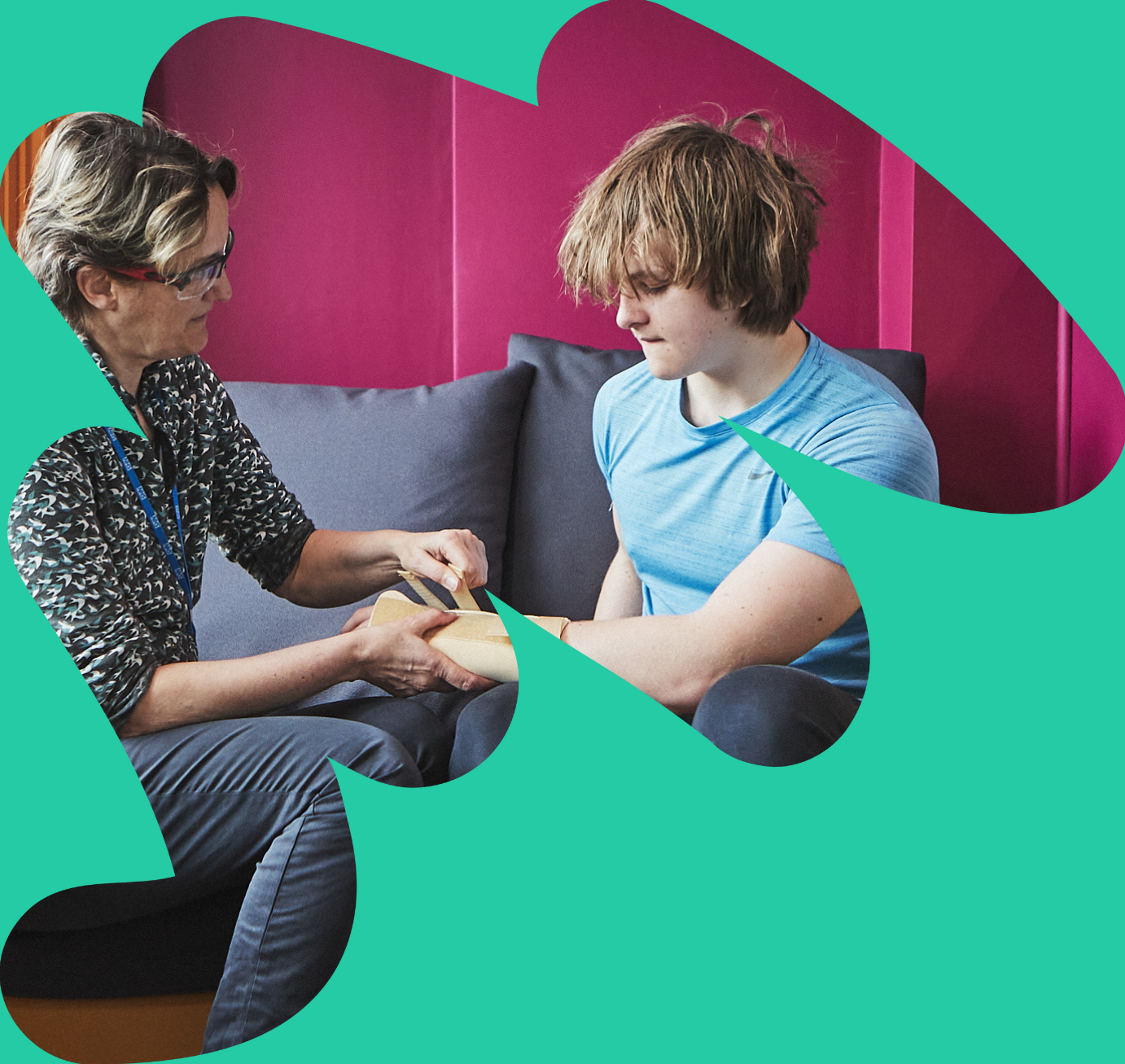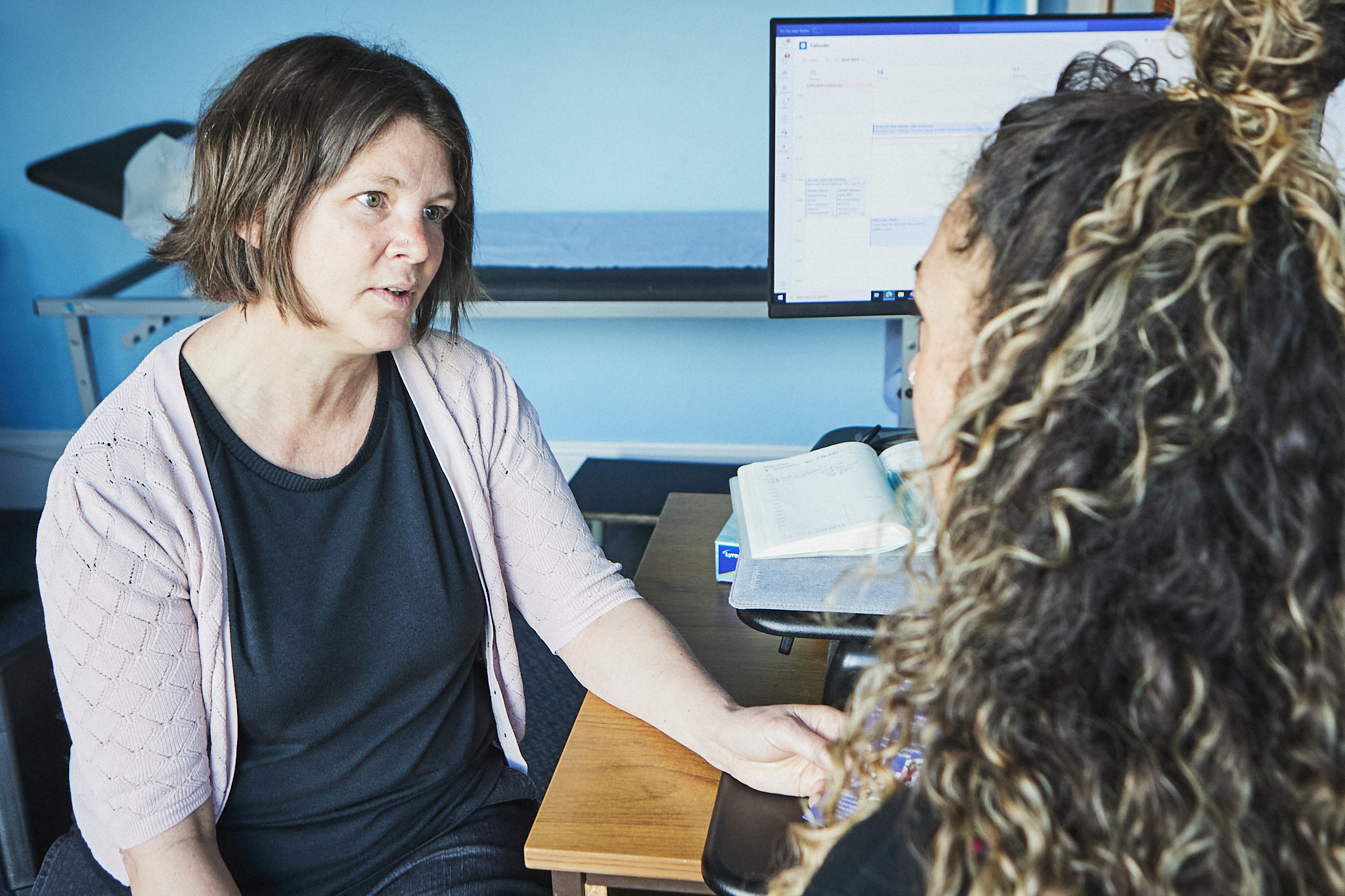Unlocking better health: The crucial role of personalised care

The importance of personalised care
Personalised Care Week, organised each year by the Personalised Care Institute, is always an opportunity to talk about personalised care – what it is and why it matters.
In many ways, it is extraordinary that in modern health services we need to. After all, what could be more personal than health? What other service needs to be so uniquely tailored to your life?
The decline of individualised healthcare
But over the past century, healthcare has been less individualised – as we focus on better science and better efficiencies, healthcare has become less personal, more remote, and much more transactional than ever before.
In the late 20th century, when New Public Management approaches grew, the NHS, like many organisations, sought to make sure they used their skills, capabilities and resources to the best effect for our populations. So far so good, perhaps.
Except key elements of the market approach fall down in healthcare.
Efficiency and productivity vs. personalised care
In the last few years, conversations about health and care have been resolutely focused on the pressures and demands.
We have been more focused on efficiency and productivity than ever before. And it is impossible to conclude anything other than this is not working.
We are better at pathways, better at flow, have better medicines, more skilled clinicians, better hospital sites. But the health of our nation is failing, and in the words of our own health secretary, the NHS feels broken.
At the heart of this we find an issue illuminated by the language of design – we have fallen in love with solutions, rather than the problem.
Focusing on the root causes of health problems
The problem is not the hip, the knee, the low mood, the high blood sugar, the long wait list.
The problems are personal – they sit more with our lifestyles, our finances, our food and nutrition.
People who are isolated, impoverished, lacking heating, basic amenities, social connections.

With 80% of the determinants of health sitting outside of healthcare services, our focus on better tech, quicker care, slicker pathways may be misguided. In fact, we may be increasing demands – both on services and on the people who receive them.
The role of personalised care in treating multi-morbidities
So Personalised Care Week is a good time to remember this, especially as we focus on multi-morbidities. If you are living with two or more long-term health conditions (like 15% of the population), nothing will be more important than someone taking the time to understand what will improve your health, and how treatment can fit your life.
To deeply understand rather than assume what the problem is, by spending time with those affected. These insights lead to very different definitions of what the challenges are, unlocking solutions that will allow us to tailor healthcare for each and every one of us.
Dr. Helen Curr, Chief Executive at Here
My role is to hold ourselves true to our values. To make sure our commitment to putting people at the heart of their healthcare journey is embedded in every decision and action we take.

Also of interest
The Health Builder difference: Redefining patient involvement
At Here, we believe that designing exceptional care means working in true partnership with the people who use our services. In this blog, Health Builder Norman Webster shares how our unique approach puts lived experience at the heart of service design and delivery.
Beyond the Diagnosis: What better care looks like for people with multiple conditions
People living with multiple long-term conditions often experience fragmented care. In this blog, we reflect on The King’s Fund’s latest report and share what we’ve learned about building services that support the whole person, not just a list of diagnoses.
Dementia Action Week 2025: With the Alzheimer’s Society
This Dementia Action Week, the spotlight is on diagnosis — helping people recognise the signs of dementia and take that all-important first step.


